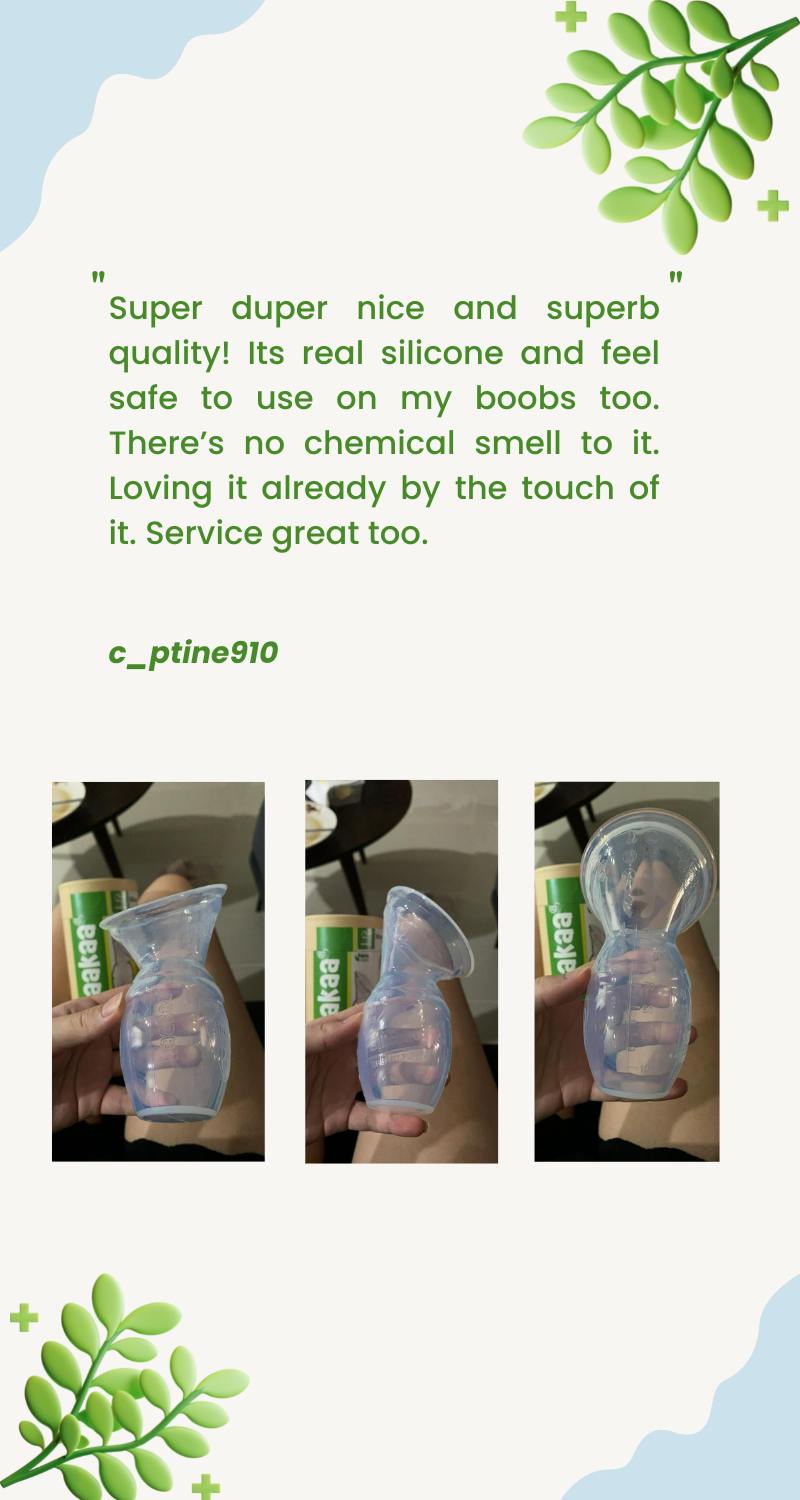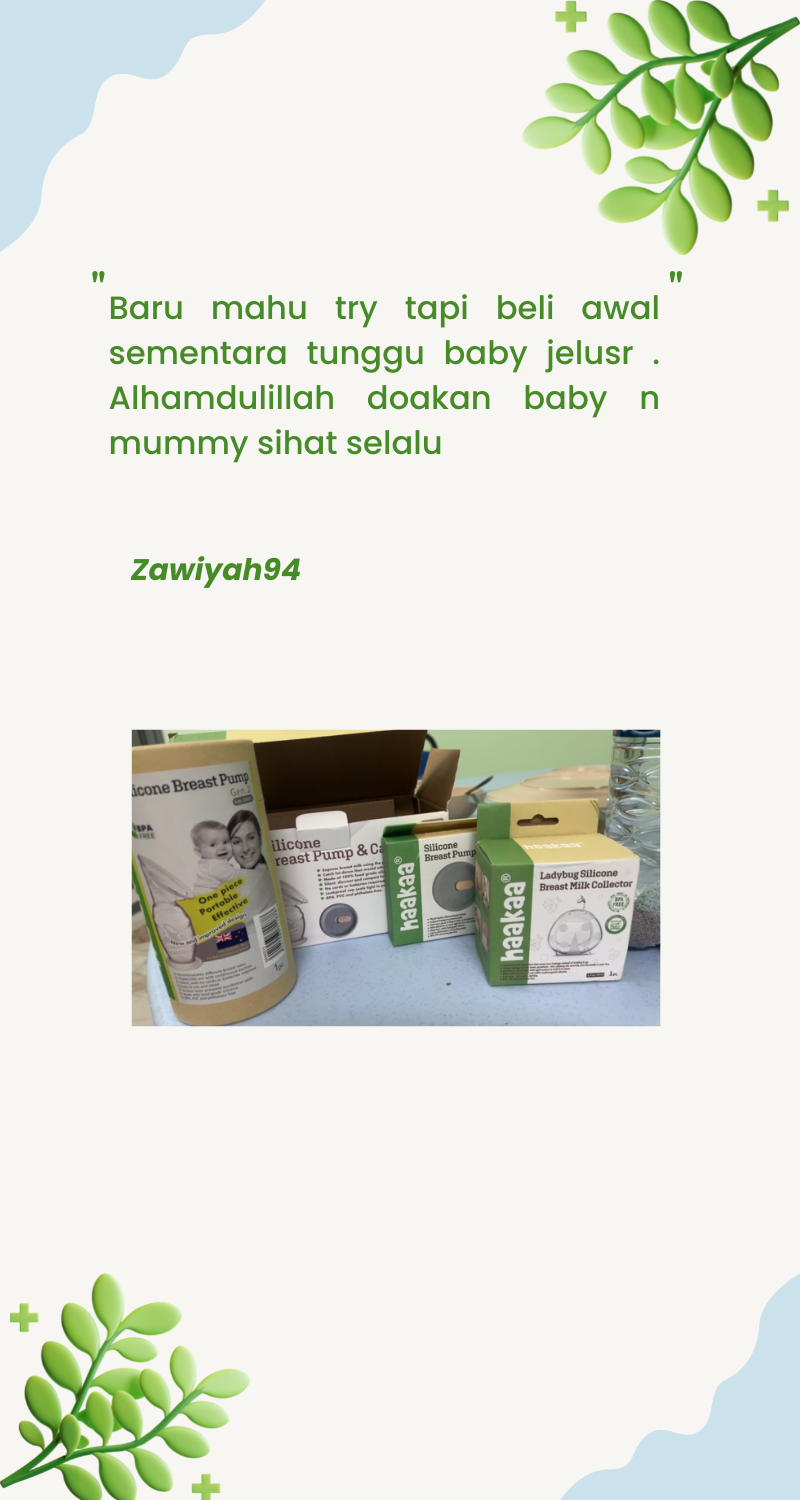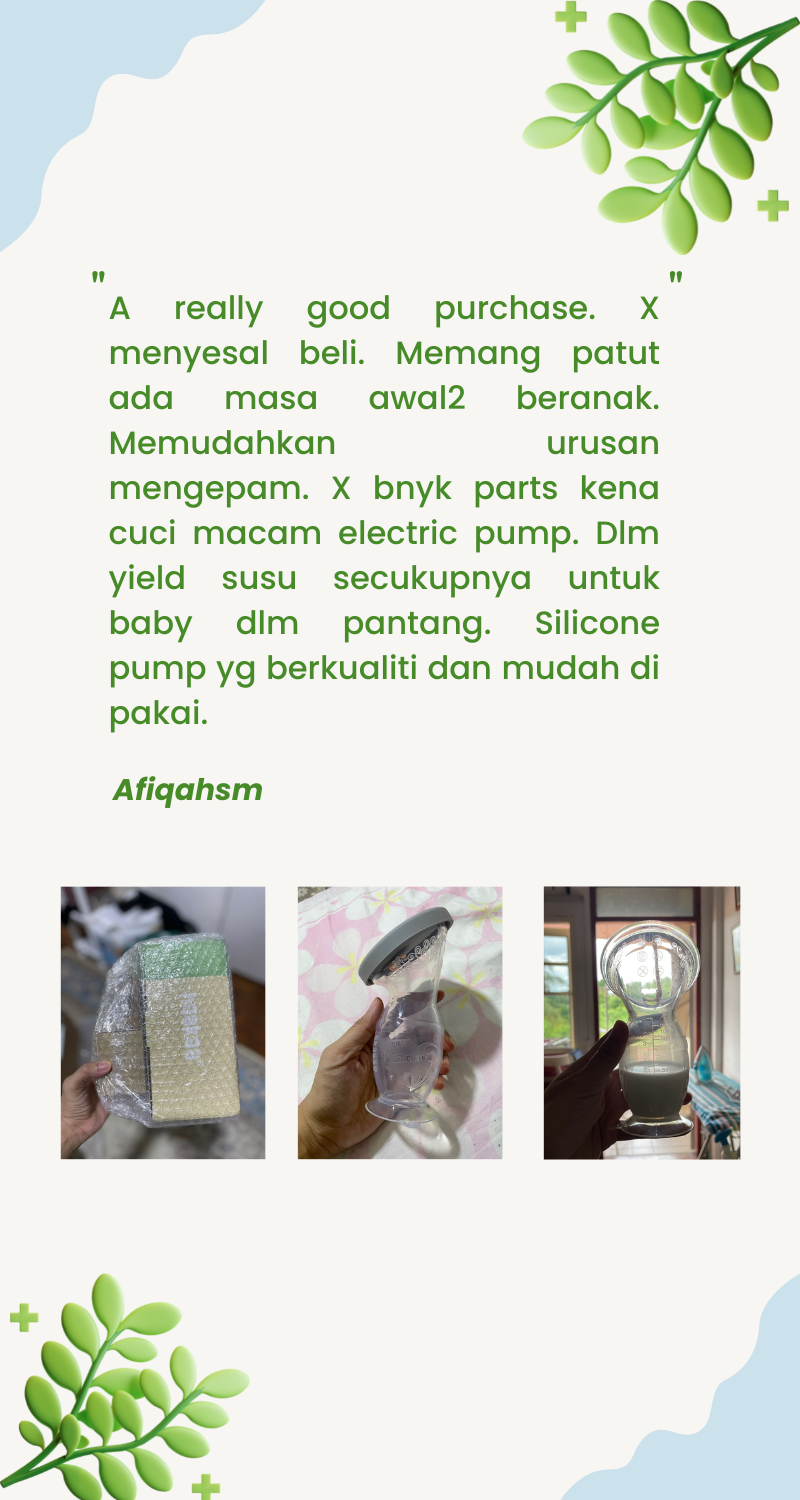Caring For Your Baby's Skin

There's a reason why "baby soft skin" is such a commonly used phrase – everybody knows just how soft and smooth a baby's skin feels! Your bub's skin is incredibly delicate and sensitive, which means you must take extra care and precaution to protect it. Here are Haakaa's tips to help you gently care for your little one's skin and how to address some common skin issues that may arise.
How often should I bathe my baby?
Baths are not only a fun time to bond with bub, but they're also important for cleaning your baby – especially as they can come in contact with all sorts of nasties before they even learn to crawl! However, it is advised not to bathe your baby too often as it can strip oils away from their skin and dry it out.
You should aim to bathe your baby a few (two or three) times a week in warm (not hot!) water. To make sure your baby doesn't get cold, pour water over your little one throughout. Try to keep bath time short, as they might start to feel even colder as the water begins to cool down.
When bathing your bub, use a mild baby wash and gently clean any areas with a soft washcloth. Do not excessively wash or rub any areas as this can cause damage to the skin barrier, especially around delicate areas such as the face.

TOP TIP: Our Oatmeal Bath Milk is the perfect addition to bath time if your little one suffers from dry, itchy skin. It's made with all-natural ingredients and gentle on bub's skin as it works to ease inflammation and lock in moisture. Plus, the relaxing scent helps to soothe your bub before bedtime!
What kind of skincare products should I use with my baby?
Your baby's skin is super delicate because it's so thin and permeable. This means it will absorb more of what you apply to it, so it's vital that you only use gentle and mild skincare products that are specially formulated for babies!
When choosing which products to buy, check the label carefully to find out which ingredients have been used, directions for applying the product and any age guidelines it might have. It will also be worthwhile to patch test any baby skincare products first, before making it a part of your child's routine. You can do this by applying a tiny amount onto a small part of their skin (arm or leg) and waiting at least 24 hours to see if any irritation, rash or reaction occurs.
How can I deal with baby eczema?
Eczema is a skin rash that can show up as dry, scaly skin or tiny red bumps that can blister, ooze or become infected if scratched. It often occurs in babies who have allergies, or a with a family history of allergies or eczema, and usually appears on bub's forehead, cheeks, or scalp. However, it can also spread to other parts of the body.
There isn't really a "cure" for eczema, but there are things you can do to control it and ease it until it eventually goes away. Avoid bathing your baby too frequently and gently moisturise their skin to reduce the dryness – especially after a bath to lock in that moisture. Dress them in loose, cotton fabrics so that they're comfy and their skin can breathe. If eczema persists and shows no signs of easing up, you can visit your doctor who may be able to prescribe medication for your baby.

TOP TIP: Our Restore & Adore Lotion Bar is made with 100% natural ingredients that have been specifically selected to help counter inflammation and ease dry skin. Best applied with a gentle massage after bath time, our lotion bar will help to keep your little one's skin silky smooth, with an all-natural fragrance both you and bub will adore.
What should I do if my baby gets nappy rash?
Many mums are familiar with the dreaded nappy rash – when a red, itchy and sometimes sore rash develops around your little one's nappy area. It can cause your baby to be unsettled or irritable, but luckily most minor cases will go away on their own. While we hate to see our little ones uncomfortable, there are a few steps you can take to help soothe nappy rash and prevent further irritation.
You can help your little one by keeping the area clean and dry, changing their nappies often and offering plenty of nappy-free time. You can also apply a nappy cream to moisturise the skin after each change (remember to only put the new nappy on once the skin is dry)!
TOP TIP: Our all-natural Baby Bottom Balm has been specially formulated to keep your little one and their skin happy! It's made with only simple, natural ingredients known for their ability to gently soothe skin and prevent discomfort, such as coconut oil and halloysite clay. Simply apply after each change, or at least every night before bed, or at any sign of redness.
How can I get rid of cradle cap?
Cradle cap is particularly common in babies from three weeks up to a year old. It appears as thick, scaly, dry and crusty patches on your little one's scalp, and although it may look severe, it's harmless for your baby. Although it's unclear what causes cradle cap, it does not need to be treated as your baby will naturally outgrow it over time. However, if you want to, you can gently massage a simple oil or moisturiser onto the cradle cap and leave it for a while to help your baby's skin recover faster.

TOP TIP: You can also brush your baby's head with our super soft Goat Wool Baby Hair Brush to help get rid of cradle cap and remove dried skin. The luxuriously soft woollen bristles not only keep their scalp stimulated, but also soothes and relaxes your child. It makes for a perfect nightly ritual to settle them down to sleep!
How should I wash my baby's clothes?
To protect bub's sensitive, delicate skin, you should always wash their new clothes before they wear them. You might not think much of the laundry powder or liquid you use to wash your clothes, but these can irritate your little one when they're used to wash baby's blankets and clothes. You should only use fragrance and dye-free detergents.

TOP TIP: Soapberries are a fantastic option for washing baby clothing and sheets. They're an incredibly gentle and hypoallergenic laundry solution, as well as being naturally antibacterial. They're also eco-friendly, as they break down in compost once you're done with them, protecting the planet your little one will inherit.
We hope our tips and tricks prove useful for keeping your bub’s skin in tip-top condition!







